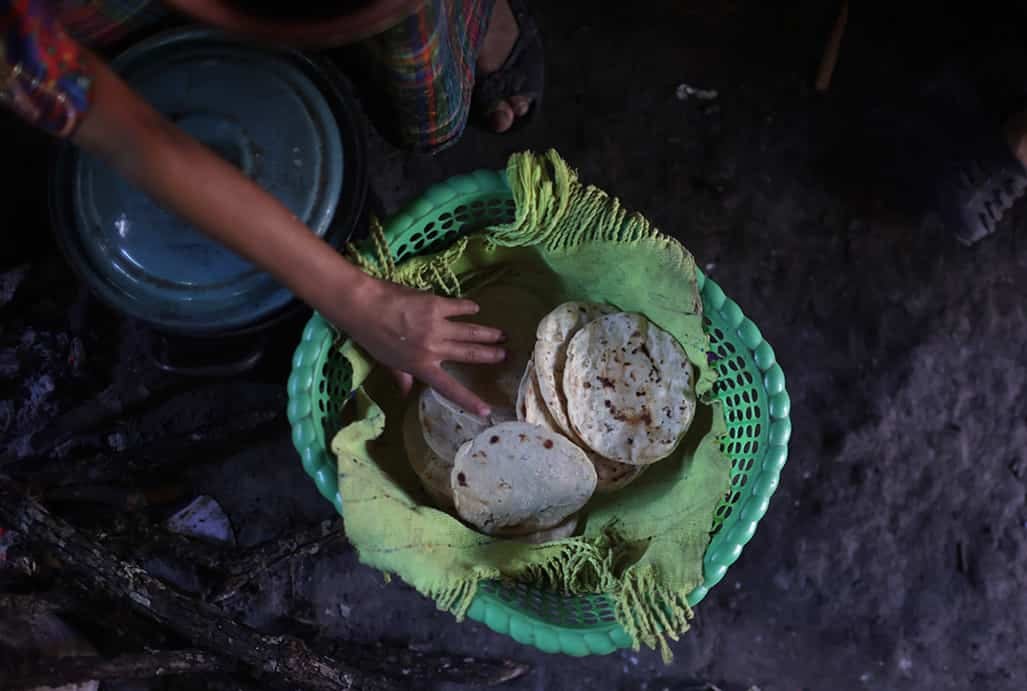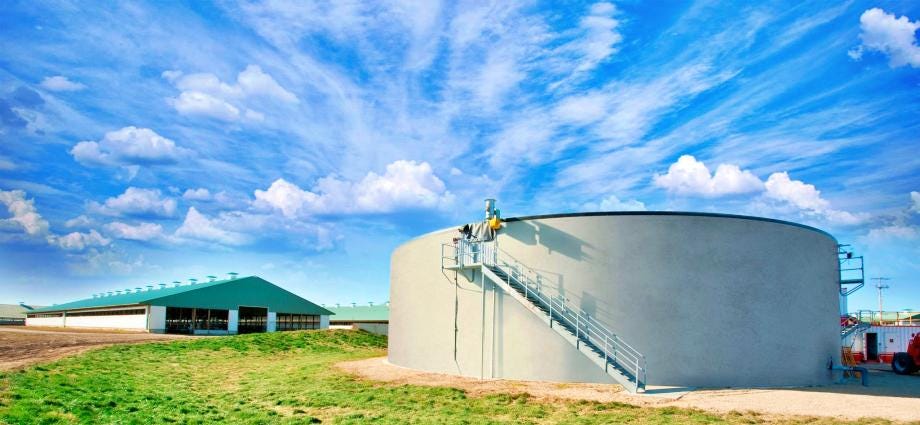Guatemala’s Hunger and Migration Crisis
Short on time? Get a quick rundown of today’s top stories from the ACR:
Guatemala is currently facing a crisis of rising hunger, increased migration, and food shortages due to climate change, political instability, and the impact of the COVID-19 pandemic.
The Biden Administration has announced the selection of regional clean hydrogen hubs in the United States, which will receive funding to manufacture hydrogen as a cleaner fuel alternative, creating jobs and reducing carbon emissions.
Guatemala’s Hunger and Migration Crisis
Guatemala is currently facing a crisis characterized by rising hunger and an increase in migrants fleeing the country. These issues are primarily caused by food shortages, climate change, political instability, and the impact of the COVID-19 pandemic. In Latin America, Guatemala has the highest rate of stunting, which refers to impaired growth and development in children due to poor nutrition, repeated infection, and inadequate psychosocial stimulation. Additionally, up to a quarter of the population has experienced food shortages. The Dry Corridor region, which spans Guatemala, El Salvador, Honduras, and Nicaragua, suffers from the most severe food scarcity. Climate change-induced droughts exacerbate this situation. Subsistence farmers in the region are struggling to produce enough food, leading to malnourishment and poverty. The consequences of climate change are driving migration, with an increasing number of Guatemalans seeking refuge in the United States. The lack of irrigation systems and reliance on rain for crop growth further compound the challenges faced by farmers in the region.
Biden Administration Launches Hydrogen Initiative in the U.S.
Last week, the Biden-Harris Administration announced the selection of seven regional clean hydrogen hubs in the United States. These hubs will receive USD 7 billion in funding to manufacture hydrogen as a cleaner fuel alternative, and overall, the program is expected to catalyze more than USD 40 billion in private investment. The hydrogen will be produced from renewable energy, nuclear power, and methane gas, and this initiative is foreseen to create tens of thousands of jobs. The Biden administration views hydrogen as a crucial energy carrier and a solution for powering heavy industry, transportation, and power plants, all while reducing carbon emissions.
Obeo Biogas is a Canadian biogas developer that specializes in designing, constructing, and operating biogas systems specifically for dairy farms. Their main goal is to convert organic waste, particularly manure, into renewable energy, sanitized bedding, and nutrient-rich fertilizer using anaerobic digestion. Farm biogas systems offer a sustainable source of energy for farmers, helping to reduce greenhouse gas emissions and decrease reliance on fossil fuels.
Obeo has recently completed a USD 3 million seed funding round, which will be used to accelerate its growth and expansion across North America.
Chile’s Circular Economy Roadmap
Publisher & Author: Ellen MacArthur Foundation
Publication Date: September 12, 2022
Access the report here.
This case study examines Chile’s collaborative process involving over 100 stakeholders to develop a long-term circular economy roadmap. The roadmap outlines a vision and action plan to establish a regenerative, fair, and participatory circular economy in the country. The action plan centers on circular innovation, culture, regulation, and territories. It aims to create jobs, reduce waste, increase recycling rates, and reclaim illegal dump sites. The program has a dedicated plan and monitoring mechanisms to support implementation. The roadmap aligns with the Ellen MacArthur Foundation’s Universal Circular Economy Policy Goals and contributes to addressing climate change. Challenges and lessons learned from this process include stakeholder engagement, timeline considerations, institutionalization, waste management policies, and regional autonomy.








